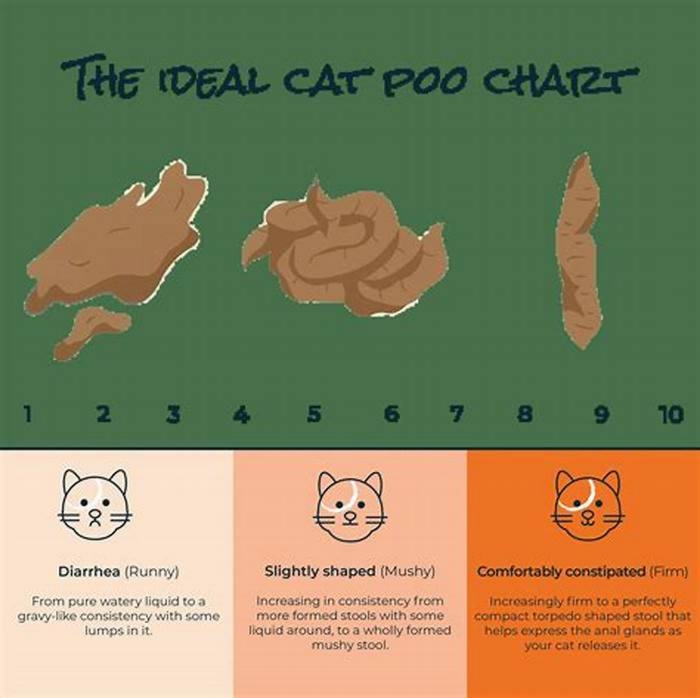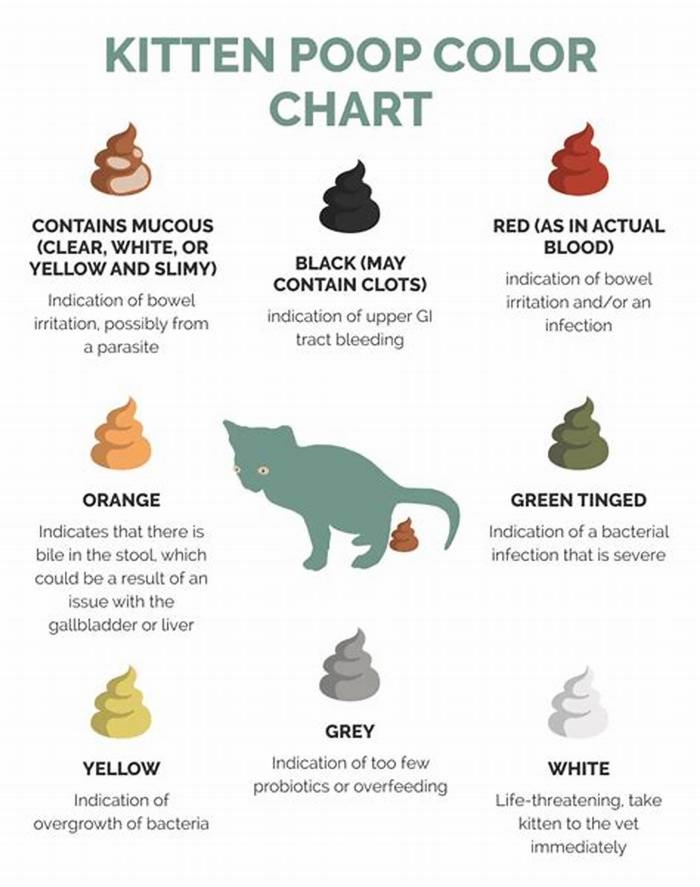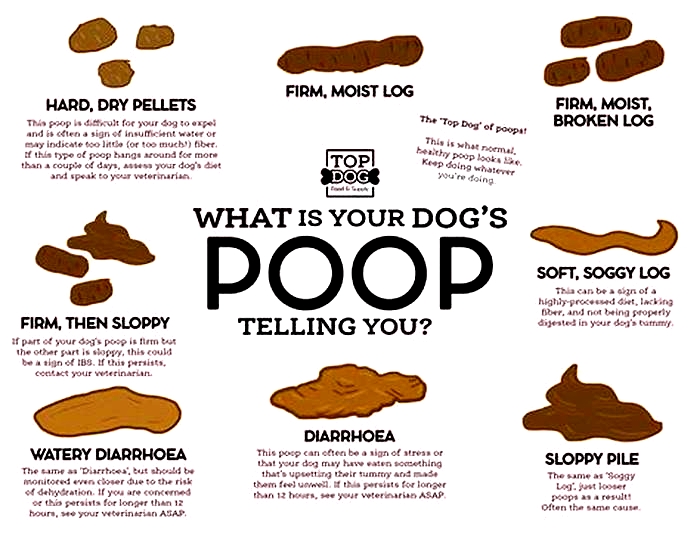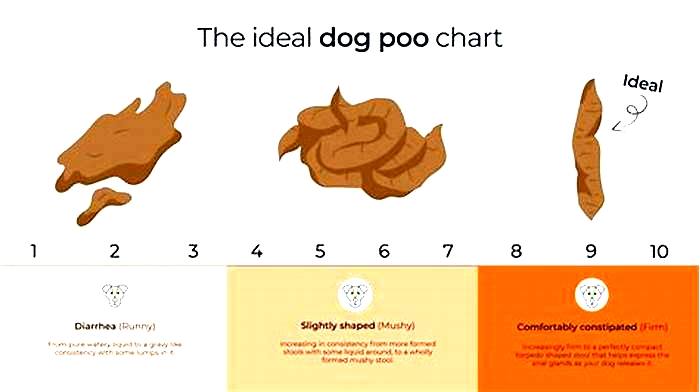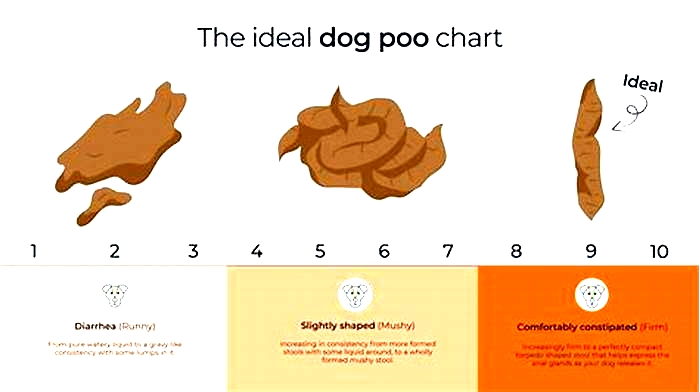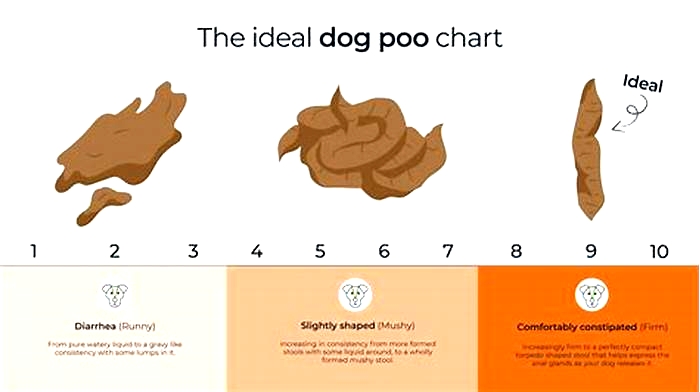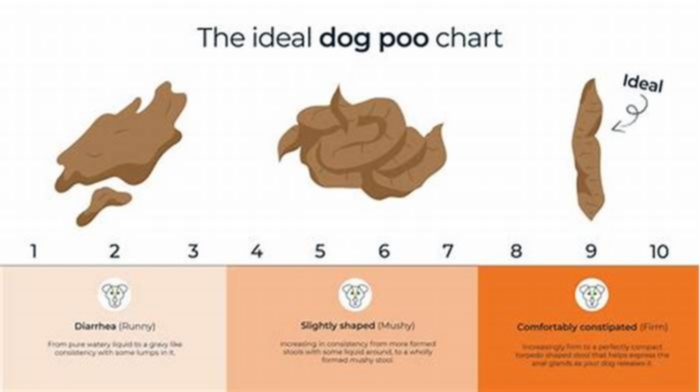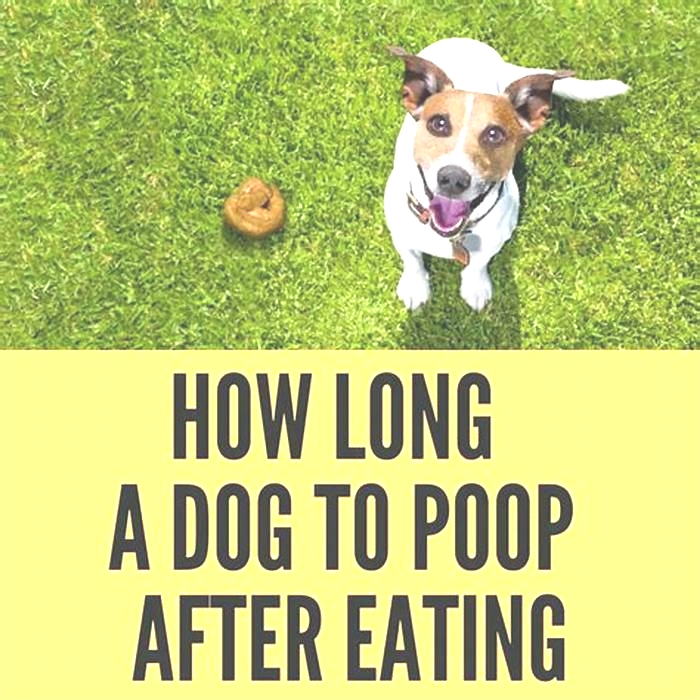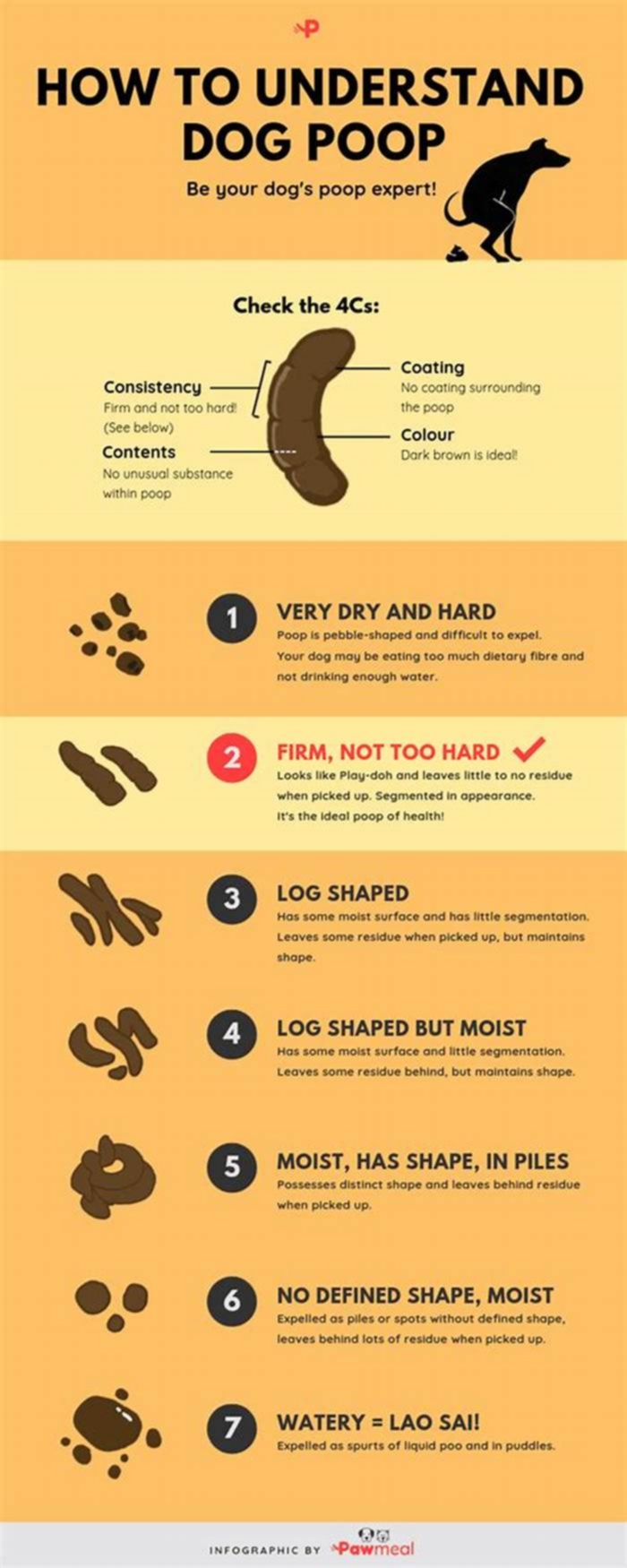How often do kittens poop
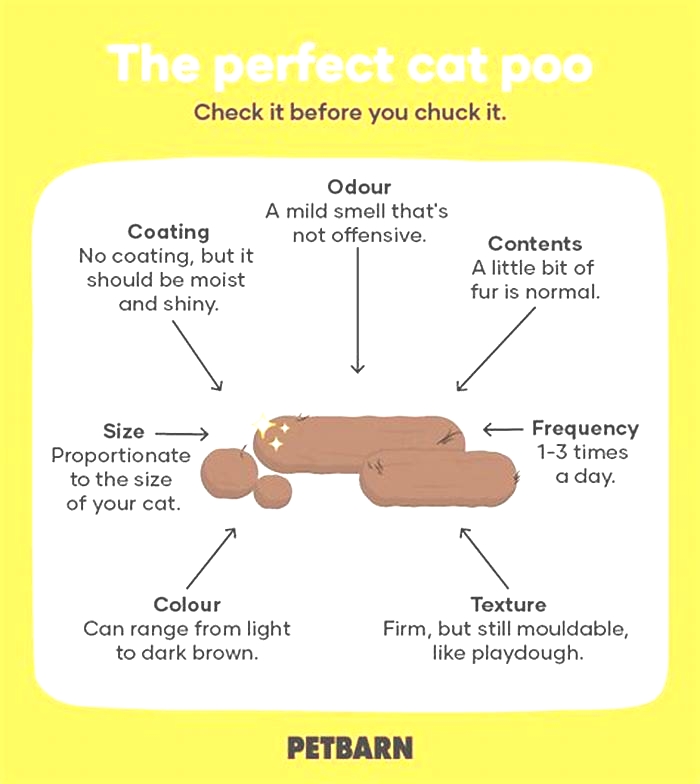
How Often Do Kittens Poop? Signs of constipation
When kittens are newborn, you wont notice their toileting habits too much because their mother constantly cleans up after them. Once one starts to go to the toilet independently, how often should a kitten poop?
From the age of 4 weeks, kittens should have between one and six bowel movements per day. Urination occurs more frequently, with Kittens generally peeing after each feed. This is the ideal age to teach them to poop and pee in a litter box.
Its important to keep an eye on a kitten as it poops to ensure there is no constipation or diarrhea.
Kittens Can Become Constipated
Kittens can develop constipation for several reasons. If you notice a kitten not pooping or attempting to go but producing no feces, youll have to determine why this might be.
Other signs of kitten constipation apart from the lack of stool production are:
- straining in the litter box
- crying as trying to poop
- tiny, hard stools produced
- decreased appetite
- refusal to eat
- bloated stomach
- vomiting
- general restlessness
- apparent discomfort in the stomach region
- flatulence!
It may become necessary to take steps to ease any discomfort and help a constipated kitten to poop.
Reasons For Kitten Constipation
Kittens are curious little souls and may eat inedible objects occasionally. Toys that have feathers are often very tempting to chew on leading to swallowed feathers.
Kittens have been known to consume hair bands, ribbons, pieces of string, elastic bands, and many other small objects capable of fitting in their mouths.
Any indigestible object can cause a blockage in a kittens intestines, preventing the normal contraction and relaxation of muscles that push contents through the intestines (known as peristalsis), which leads to constipation.
These are the most common causes of kitten constipation:
- Dehydration
- Hairballs
- Poor diet
- Dry food diet
- Change of diet
- Worms or other parasites
- A blockage caused by a foreign object such as an ingested toy
- Megacolon, a condition causing a dilated colon with poor motility, and the inability to properly pass stool
- Congenital defect
Untreated constipation can lead to colon damage caused by straining so its important for your kittens health that you resolve it quickly.
Treating Kitten Constipation
If a kitten is constipated for longer than a day, it is important to take it to a vet for an examination.
A vet may feel a scan or x-ray is necessary to check for any defect or ingested items that may be causing a blockage.
Hopefully, there will be no serious cause and you can start a program of care at home to cure your kittens constipation.
Kitten constipation relief may involve:
- Keep your kitten hydrated Adding a little water to each meal helps, putting plenty of water bowls down, and using a pet drinking fountain encourages kittens to drink.
- Avoid dry food or add water to it
- Regular grooming the more loose hair you brush out, the less a kitten can swallow to develop hairballs
- Keep small objects out of reach check all toys and move items your kitten might swallow to prevent any potential intestinal blockages
- Deworm Make sure kittens are regularly wormed with a vet prescribed worming tablet suitable for their weight.
- Massage rub your kittens tummy gently to stimulate bowel movement, and keep it active through play
- Medication give any prescription medicine your vet may have provided. Avoid buying anything such as laxative powder from the internet which may not be safe.
When to Worry About Constipation in Kittens
If your kitten hasnt pooped for 48 hours this should worry you enough to take it to a vet. If it has been in 24 hours, keep a close eye on its behavior and comfort.
If your kitten is in obvious pain, there is no harm in paying your vet a visit.
However, you shouldnt worry or automatically assume your kitten is constipated if it defecates fewer times one day than it did the day before.
The number of times a kitten poops can vary from one to six times a day and this can vary from kitten to kitten. Age is a relevant factor.
Very Young Kittens and Pooping
When kittens are younger than 4 months, their mother stimulates them to poop by licking them.
Kittens who for whatever reason are not raised by their mother may need to be stimulated by their carer. After they have eaten, they need their bottoms gently massaged with a wet wipe or tissue.
Continue to massage as they defecate to ensure their bowels continue to contract and complete their movement.
When Do Kittens Start Pooping? Vet Advice
If you are a cat-owner, you may have wondered about when kittens start pooping, especially when they start doing it on their own. Kittens are adorably cute and fluffy, and an important part of your young fluffballs health includes following a consistent deworming and vaccine schedule and making sure your youngster has a proper diet and regular bathroom habits. Part of this involves monitoring your cats litterbox behavior, and often your kitten is pooping.
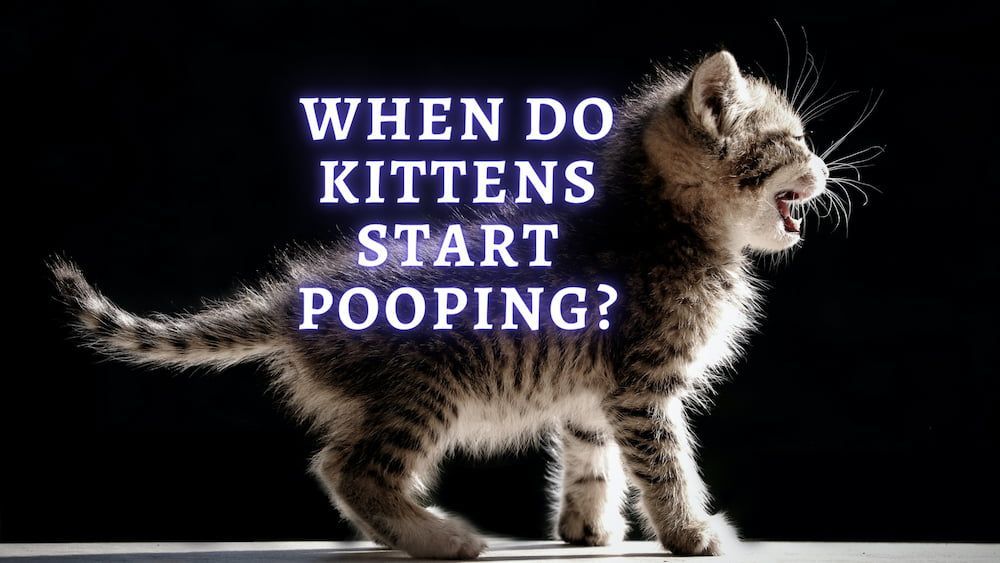
When Exactly Kittens Start Pooping?
So when do kittens start pooping? Newborn cats depend upon their mothers for just about everything, including help in elimination. In addition to nursing and bathing her kittens, a mother also uses grooming to stimulate her youngsters to defecate and urinate. Newborn cat cant eliminate on their own without mother cat help, and it usually takes 3 weeks until a kitten can defecate on its own. Typically the mother will nurse a kitten, then after the meal, groom them to stimulate pooping.
Mama cat stimulates pooping by licking the kittens rear-ends, and if you are fostering a newborn cat, you may need to take the role of mother and use a warm washcloth to wipe down the kittens bottom until he defecates and urinates. Its important to keep your little one clean and follow good hygiene habits.
When a cat reaches the age of 3-4 weeks old, he can start to poop on his own without stimulation from the mother. At this time, the kittens eyes are open, he is starting to explore his world, and he can start eating some soft food and kibble in addition to nursing.
How Can I Make A Kitten Poop?
If you notice that your kitten is constipated or is unable to poop. Contact your vet immediately to rule out any medical issues. You can also help relieve your young one by using a warm washcloth or cotton ball and gently rubbing around your kittens genitals, abdomen, and bottom. You can gently work the washcloth/cotton ball in small circles, to help relax and stimulate them to poop. Continue for several minutes, continuing to massage gently in circles until your cat defecates. If there is a success, clean up afterward with a clean washcloth and warm water. You may have to do this after each feeding until the kitten can defecate on its own.
How Often Do Kittens Poop?
Just like many young mammals, very young cat will urinate and defecate after each meal. If you feed your kitten several times a day, he may poop after eating. As a kitten grows and matures, he will not necessarily poop after every meal, and the frequency will decrease over time.
As the kittens gastrointestinal system grows and develops, he may only poop once or twice a day, however, this depends on the kittens diet. As a cat owner, its a good idea to keep an eye on your kittens litterbox habits, making sure that the stools are well-formed and consistent. If you have any concerns, you can always contact your veterinarian.
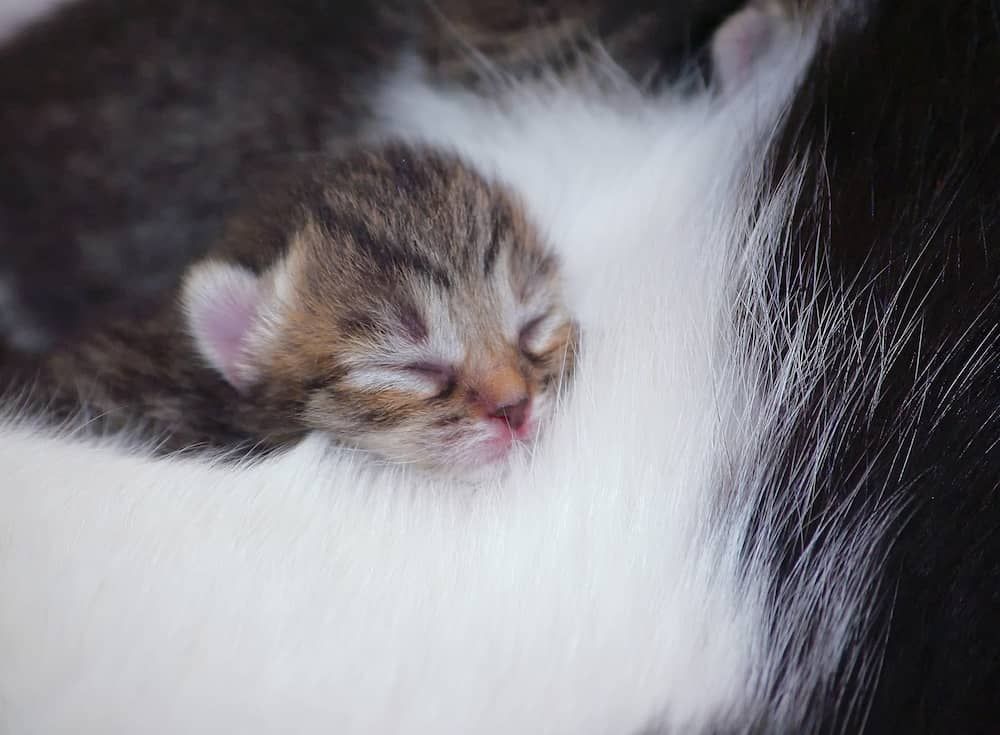
By 4 weeks old, he will try to shift to using the litterbox and use it independently. Cats are denning creatures and naturally will gravitate to using the litterbox. At 4 weeks and older, the average kitten typically excretes one or two times a day, and if the cat is nursing or bottle-fed, his stools should be well-formed, business, and will look brown or yellow. Kittens who are older than 4 weeks and eating solid food may exhibit darker-brown and more formed poops.
READ MORE: How to Teach a Kitten to Use a Litter Box
What About Diarrhea?
Kittens may often have diarrhea, and if your notice especially loose or watery stools, it may be due to several things. For example, parasites and bacterial infections can cause diarrhea, and that is why a veterinary check-up and deworming are important. Diarrhea can also be caused by changes in the diet if you switch foods abruptly and offer cows milk. Cows milk is difficult for them to digest, and can cause some gastrointestinal upset. Stress or changes in the household can also cause diarrhea in cat.
If your kitty has diarrhea that is not resolved within a day or two, contact a veterinarian. Diarrhea can cause dehydration and can be a medical emergency in young cat. It is vital to your kittens well-being to make sure he has a complete veterinary physical exam and is on a proper diet that meets his nutritional needs. Diarrhea can also signify that your kitty is not absorbing nutrients properly, which can affect his overall growth and development.
What About Constipation?
On the flip side, you may notice that your pet may not be pooping as often as you would expect. If you havent seen your kitten defecate in a couple of days, contact vet to rule out an obstruction or some other medical cause. Do not try to attempt an enema or treat constipation by yourself: Leave treatment to veterinarians. Although its rare that kitties get constipated, it can happen.
READ MORE: Vet Advice on Kitten Constipation
What Should Kitten Poop Look Like?
Kitten poop can come in all sorts of shapes, colors, and sizes, depending on the diet. For 3 weeks old and under, most stools should be brown, or dark yellow and should be fairly firm inconsistency. As they mature, their poops may be a bit darker brown, depending on their diet, the color of dry kibble, or the wet food they are eating. In short, cat poop should be well-formed, brown in color, and not too watery or smelly. If your kitty poop is especially watery, loose, or odiferous, you may want to contact your veterinarian. Your veterinarian may want to do a fecal analysis to rule out parasites, worms, or bacterial infections. Oftentimes, mother cat pass parasites to kittens in the womb, and regular deworming is recommended for the youngsters.
When Will My Kitten Poop On Their Own?
As mentioned above, cat start to defecate on their own at about 4 weeks. At this time their neurological and musculoskeletal development is maturing, and they can eat, poop, and urinate on their own without help from mom or a foster mom. If you have a kitten older than 4 weeks old, and hes unable to poop on his own, you can help by massaging with a warm washcloth to see if that helps. If you are concerned, consult a vet.
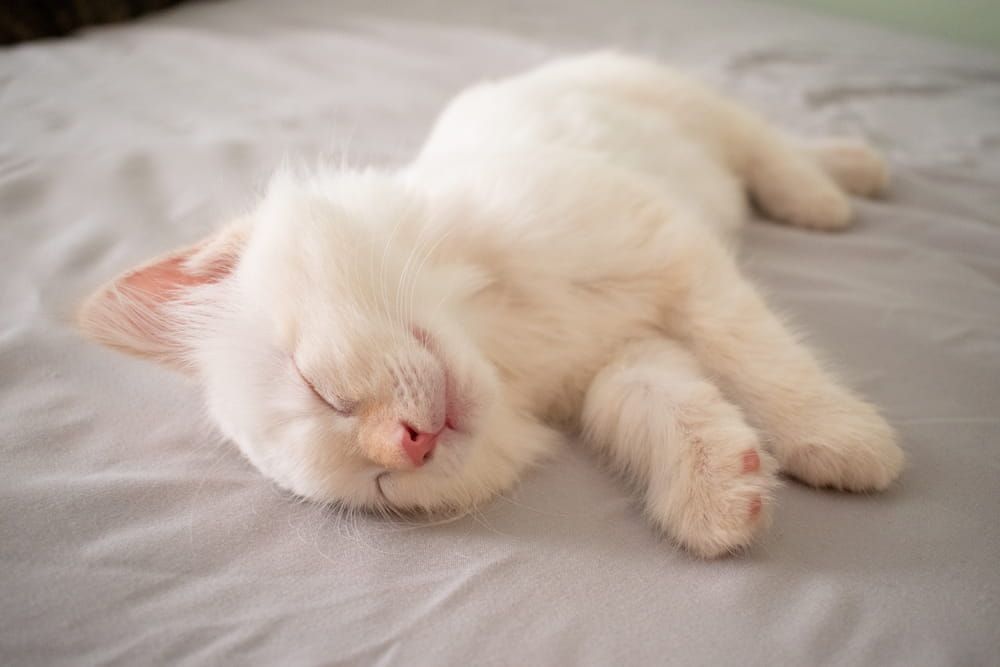
How Do I Clean up my Kitten After A Poop Session?
Part of keeping your young cat healthy and happy is to help keep him clean. And this means cleaning up his rear-end after a poop session. The good news is that you can help by doing the following:
- Start with a warm, wet washcloth, gauze, or cotton ball.
- Wipe gently using circular motions around the anus, genitals, and abdominal region where there is soiled fur and skin. Ensure that you wipe any debris away from the genital area so as not to spread poop particles in this area (this may contribute to a urogenital infection).
- After a wash, you can use a soft, dry towel to dry your kittens rear area. Try not to dry too roughly as this can cause skin irritation and a rash.
- Be sure to wash the towels and cloths you have used in a bleach solution to minimize the possibility of cross-contaminating other clothing in the wash.
FAQ
Mother cat helps newborn kittens to poop almost right away after birth and after nursing. When kittens are born, the mom immediately starts grooming them, and in some cases, these kittens may defecate shortly after birth. The important issue is that kittens urinate and defecate after each nursing.
The answer is yes, newborn kittens can poop, and this most often depends on how soon the mother starts grooming her kids. Sometimes they will poop as they pass through the birth canal, which can make a bit of a mess. However, moms are clean machines and instinctively are driven to clean both themselves and their newborns.
Kittens tend to poop a lot because they nurse and eat several times a day. A sure sign that your kitten needs to poop is when he raises his tail, and the anal sphincter starts to pucker. Production of poop or stool is proof-positive that your youngster had to go.
The answer to this question depends on how often the kitten nurses. Most kittens will nurse every 2-4 hours, so that means that they will defecate after each session. So, if a 2-week old kitten nurses 8 times a day, he will poop about 8 times a day. Thats a lot of bathroom activity, but moms are always good at cleaning up afterward.

